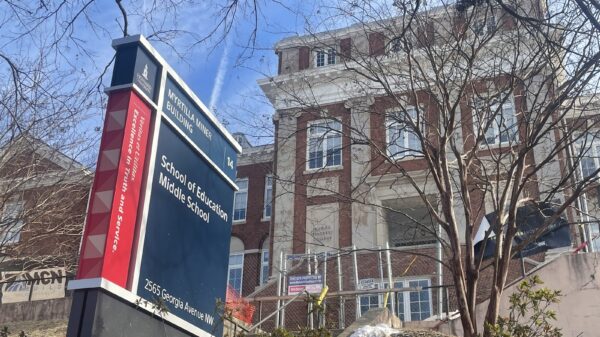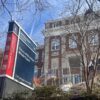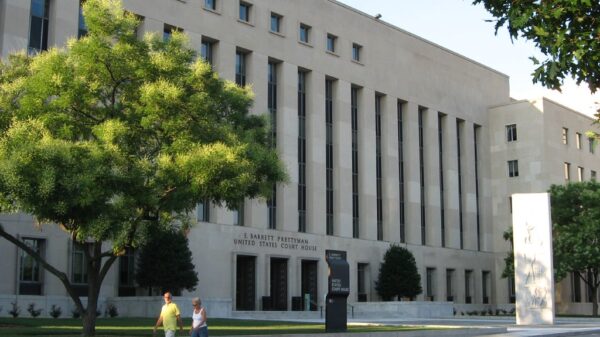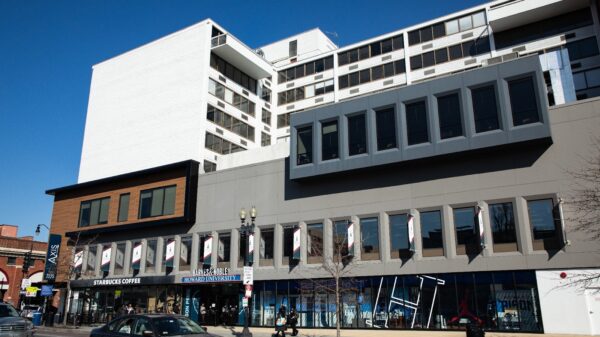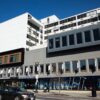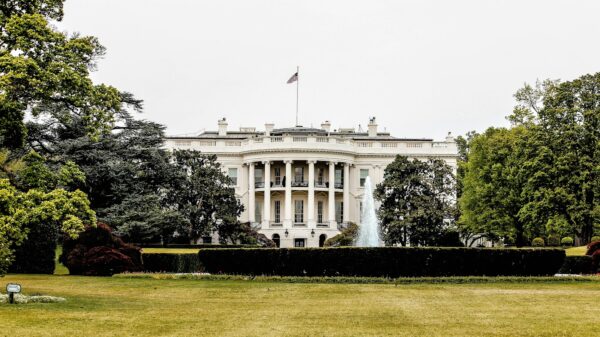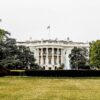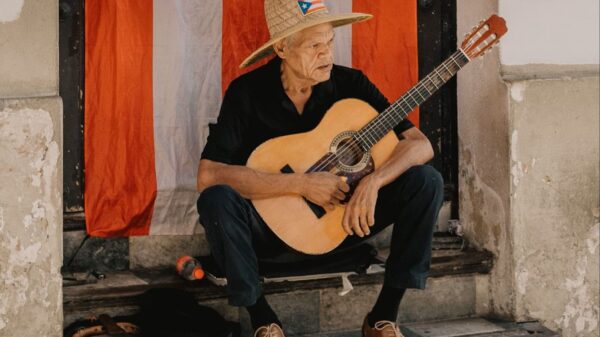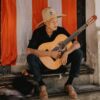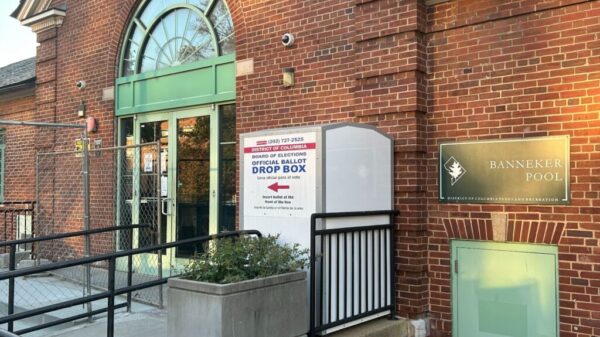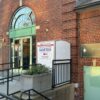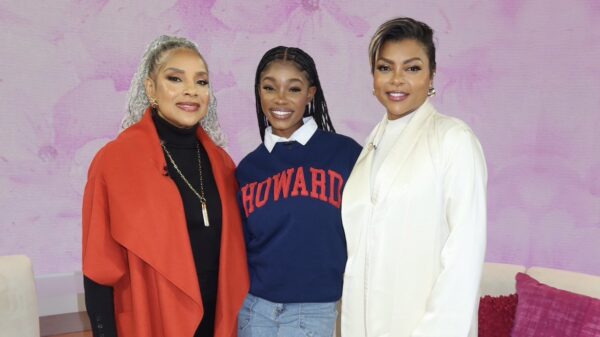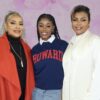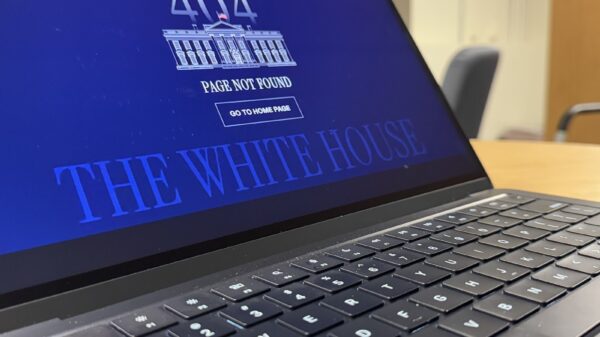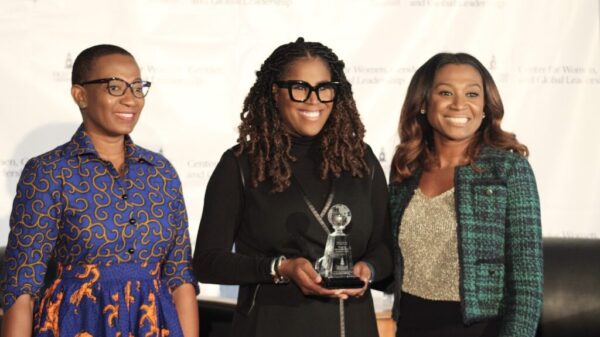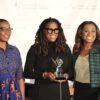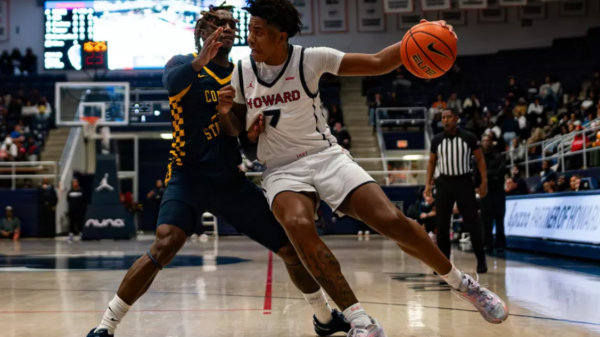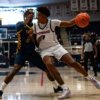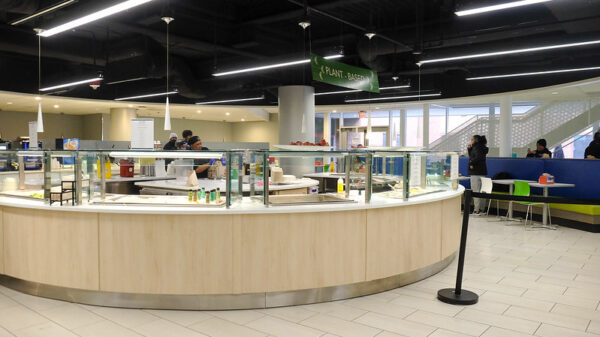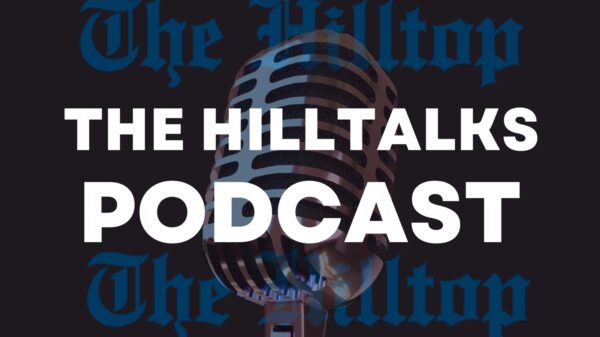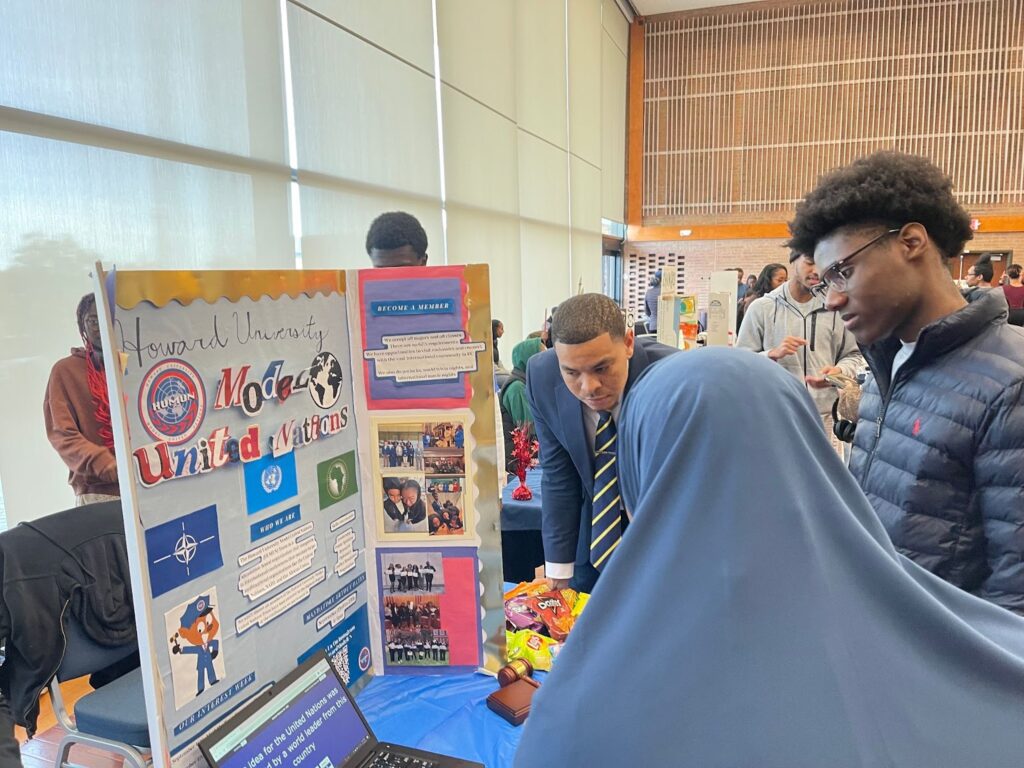
In Blackburn’s ballroom, with blaring Afrobeats and Dancehall music filling the room, students gathered around tables to speak to representatives of Howard’s ethnic and cultural organizations.
Changó, the Afro-Latine Student Association and Spanish-Speaking Society hosted their second annual Multicultural Festival on Wednesday, Nov. 13. The event was held in collaboration with the Office of Intercultural Affairs and LGBTQ+ Resource Center.
It featured student organizations including the Howard University Haitian Student Organization, Nepalese Student Association, Ghanaian Student Union, African Student Association, Circle K International, Young AfricanA Leadership Initiative and more.
The festival also featured food, raffles and cultural dances from Caribbean dance team Tropical Riddimz, Chango’s dance team Rumba Del Valle, the Nepalese Student Association and other organizations.
As president of Changó, Kalaya Jones, a senior psychology major from Oakland, California, emphasized the importance of students learning about cultural organizations and getting involved, noting the university’s identity as the Mecca of the African Diaspora.
“We learn all this history about the diaspora, and for a lot of us, these organizations are a home away from home. Some of us miss that sense of community, people who grew up listening to the same music, eating the same cuisine, and sharing cultural experiences we’ve been immersed in,” Jones said.
As a freshman, Jones was hopeful of finding an Afro-Latine community and was thrilled when she discovered Changó.
“I was really excited when I found it. I was like, ‘Oh my god, this is amazing. What a great opportunity.’ I’d never had an opportunity like this,” Jones said.
Other student organizations included the Caribbean Student Association, Ethiopian Eritrean Student Association, Model United Nations, Muslim Student Association, Nigerian Student Association and International Pals (IPals).
Sharon Omotosho, a sophomore computer science major from Nigeria, was also grateful to find an organization that supported her during her freshman year. IPals, a cultural organization focusing on mentorship and community for international students, helped Omotosho navigate a new college and a new country. As of last semester, 633 “Alien Non-Resident” students moved to the U.S. to attend Howard, with the top five countries being Nigeria (145), Jamaica (86), Nepal (80), Trinidad and Tobago (34), and Saudi Arabia (31).
“It was daunting coming in by myself, nobody in D.C. to help me out,” Omotosho said. “But I was paired with my IPal, and he helped me with everything: homework, scholarships, preparing for interviews. Anything I needed, I could always call on him.”
After attending events hosted by IPals over the past year, Omotosho met many people, including her best friend. She said that although she came to the U.S. alone, she no longer feels alone.
“College is scary, especially for international students. People don’t know there are others willing to help, have lunch with them, share scholarships, and send internship opportunities. These multicultural events, where different cultural [organizations] are present, help spread the word,” she said.
Daniella Charles, a sophomore biology major from Brooklyn, New York, performed with Tropical Riddimz, which was founded at Howard in 2008. She said she enjoyed dancing and was pleasantly surprised by the connections she made after joining the group.
“I didn’t know there were so many Caribbeans on campus. It’s a fun experience meeting people like you,” Charles said.
Charles said the festival serves as a safe space for students of similar backgrounds to interact and learn about different cultures that represent the university.
Following the event, Changó is preparing for their final event of the semester, a Salsa Dancing Night on Nov. 19, and gearing up for initiatives in 2025. Kalaya Jones, president of Changó, said they are working with the university to create a coalition with Afro-Latine students at other HBCUs and Hispanic-serving institutions across the U.S.
“I love seeing people enjoy themselves, react to learning something new, and getting to have this experience amongst students. So if we can help foster that community, that’s what we want to do,” Jones said.
Copy edited by Anijah Franklin




